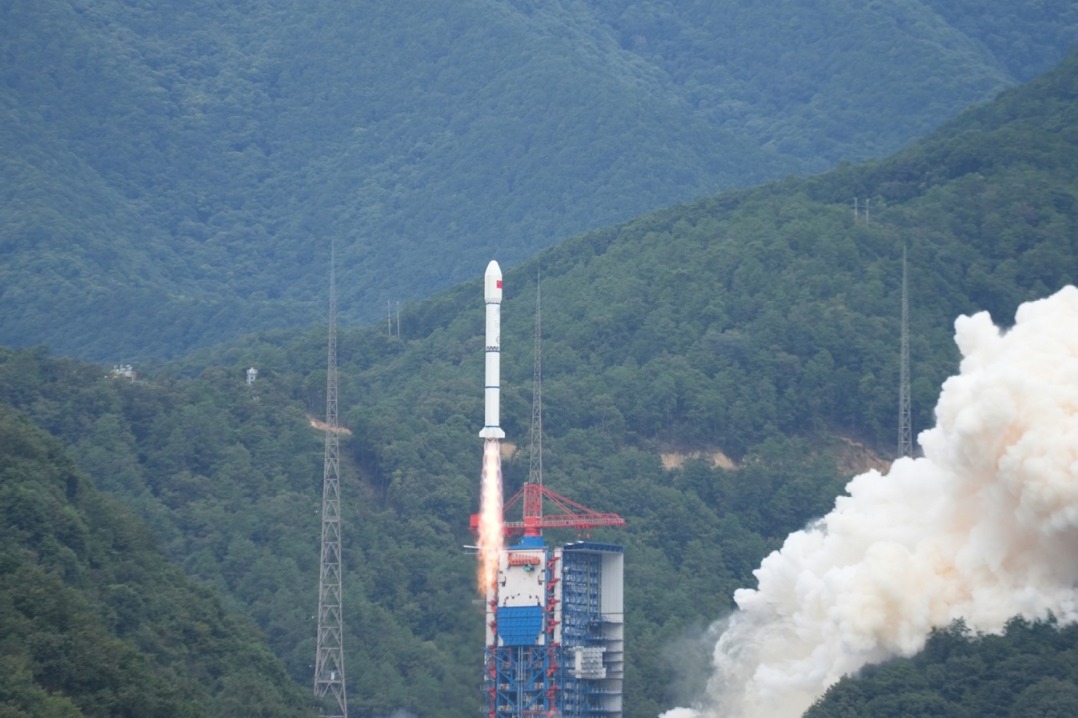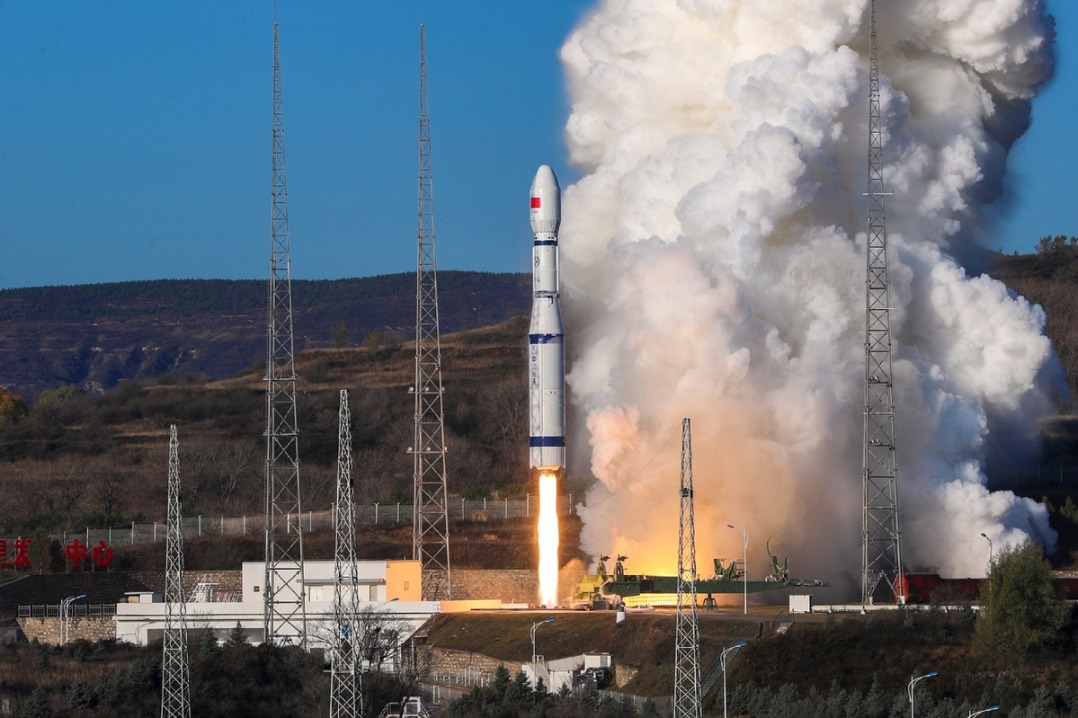Latest bulk drug procurement further lowers prices


The latest and ninth round of China's centralized drug procurement program has resulted in an average price cut of 58 percent on 41 types of medicine, the National Healthcare Security Administration said on Monday evening.
Drugs involved in the bulk-buy tackle diseases including high blood pressure, diabetes, cancer, infection, and gastrointestinal and cardiovascular conditions, and around half of them are injectable medications.
The price reduction is expected to save 18.2 billion yuan ($2.5 billion) annually. Patients can access drugs at the discounted prices in March, it added. The bidding result released on Monday is preliminary and a final version will be published soon.
Held in Shanghai on Monday, the bidding involved 382 medical products from 262 enterprises, and around 78 percent of participating companies ended up winning bids.
Jiang Changsong, an official of the National Healthcare Institute of Capital Medical University in Beijing, said that this round also includes eight types of medications in short supply. The ratio of injectable medications is also among the highest compared to previous programs.
Among selected drugs is a capsule, named Lenalidomide, used to treat multiple myeloma, a blood disease. The price per 25-milligram capsule will drop from around 200 yuan to 15 yuan, saving patients around 3,880 yuan per month.
Another highlight of this round is that the procurement cycle has been extended to nearly four years, compared with the previous one year.
The administration said that the extension would enable drugmakers to devise long-term development plans based on the demand of the market and prevent stepping up manufacturing capacity and wasting excess capacity.
China began bulk buying medical products in 2018 in a bid to relieve the financial burden on patients.
So far, the procurement drive has involved 374 types of medications, resulting in an average price cut of over 50 percent.
Meanwhile, three rounds of bulk-buy programs targeting medical consumables ranging from heart stents to artificial joints have been rolled out.
The latest is underway, focusing on eye lenses and products related to sports medicine.
- Media representatives get a taste of Xinjiang's vibrant Aksu
- China launches remote-sensing satellites into orbit
- Xi attends 16th BRICS Summit
- City improves catering services for seniors
- China warns foreign spy agencies using satellites to steal secrets
- 416,000 couples benefit from cross-province marriage registration





































